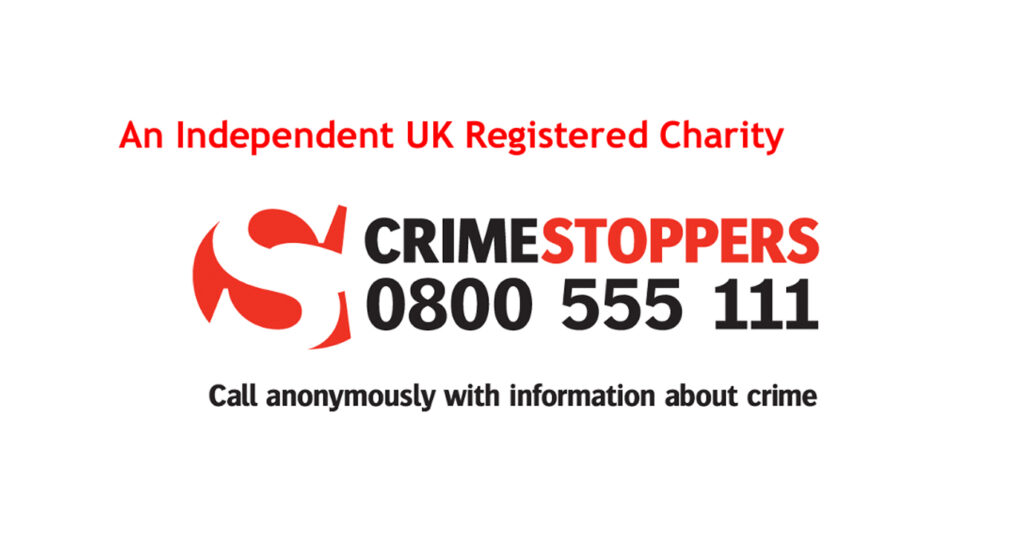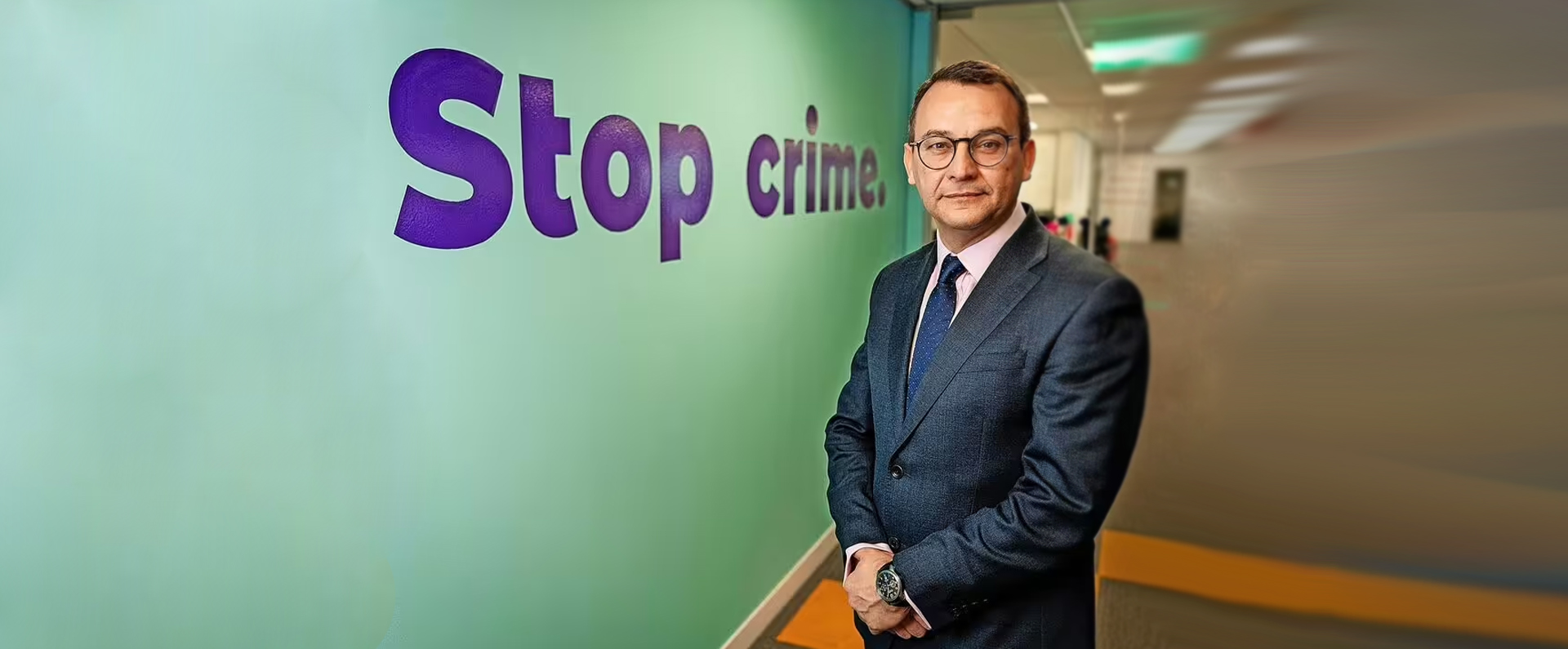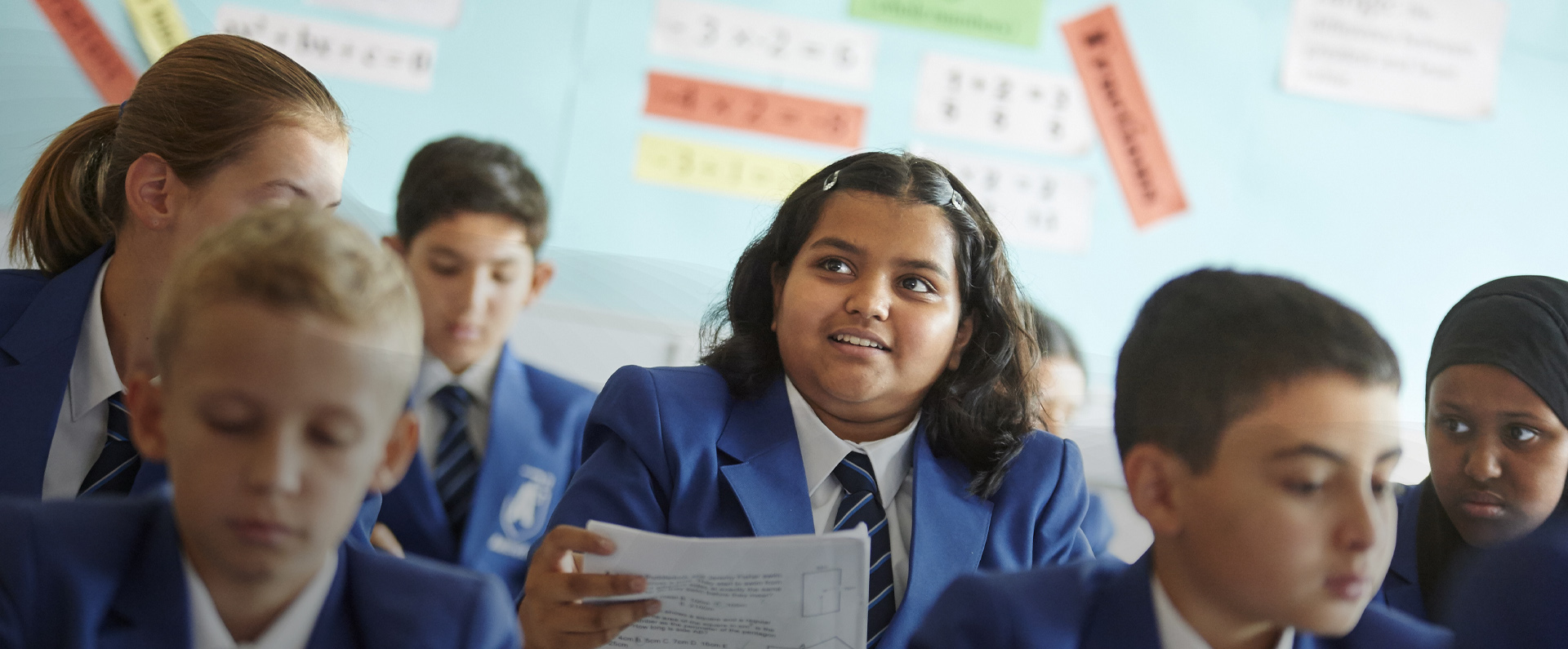
Last night saw a significant landmark in the history of Crimestoppers, the crime-fighting charity that I founded a quarter of a century ago.
I hosted a 25th anniversary reception for the charity at the House of Lords because I wanted to say some major “thanks yous” for what has been achieved – and to look forward to the future, including the launch of our biggest campaign to date.
I felt enormous pride that something that started as simply my overwhelming desire to tackle crime has led to two and a half decades of innovative, energetic and, above all, hugely successful work by Crimestoppers.
Figures released in recent days show that, since our inception in 1988, Crimestoppers has received approaching 1.5 million actionable pieces of information. This has led to more than 122,000 people being arrested and charged, more than £126 million of stolen goods being recovered and drugs worth almost £300 million being seized.
On a warm summer’s evening beside the River Thames, countless public figures were present last night to mark the occasion and the guest speakers were the Right Honourable Chris Grayling, the Lord Chancellor and the Secretary of State for Justice and Margaret Mizen, who founded the Jimmy Mizen Foundation following the murder of her son the day after his 16th birthday.
Also present was Sergeant Lee Blakelock, of Durham Police. The brutal murder during the Tottenham riots of his father, PC Keith Blakelock, must have been an appalling experience for his entire family, and Lee was just seven years old at the time. It was a traumatic moment for the nation as a whole too – indeed it was this tragedy that outraged me so much that I contacted the Metropolitan Police about, first, offering an anonymous reward to catch his killers and, later, doing something significant towards solving crime.
In the face of personal adversity, Lee Blakelock joined the police to serve and protect our citizens, something that shows a particular sort of courage and commitment. His presence last night was greeted with loud applause from more than 200 guests, including numerous MPs and members of the House of Lords, who turned up to support the event.
The Secretary of State, who was introduced by Mick Laurie, the Chief Executive of Crimestoppers, described the charity as “a great British success story”. As well as being generous enough to thank me publicly for my role, Mr Grayling said that everyone who had worked for Crimestoppers should be “very proud of what you have achieved”.
Mrs Mizen spoke movingly about her determination that something positive should come from her son’s death. She is committed to taking the fight against crime, in general, and Crimestoppers work, in particular, to as many people as possible through the foundation named in Jimmy’s memory.
I set up Crimestoppers – originally called the Community Action Trust – as a charity. This was a fortunate decision because developments in the way the police and the courts have to manage information mean that, unless it was a charity, the whole concept of absolute, guaranteed anonymity for information would not work today. The downside of being a charity, however, is that we have to fund it (with some State help) and, during these difficult economic times, that is not easy.
The charity costs only £4.5 million a year; a tiny sum compared with what we deliver. It was some years ago now that an external consultant estimated that our value to policing was £120 million a year.
As well as Crimestoppers’ staff, trustees and volunteers (nearly 500 nationwide), I wanted to thank four groups last night. First, the public – all those people who 24 hours a day, every day of the year, give us vital information. They are the stars of the Crimestoppers’ “show” and they are the ones who have made a difference in the fight against crime.
Secondly, the police: after some initial reservations, the Metropolitan Police and other forces up and down the country embraced the concept of Crimestoppers, even though dealing with anonymous information is not always easy.
Thirdly, I thanked the media, which has consistently highlighted our work and our campaigns and thereby provided an effective – and also cost effective – way of connecting Crimestoppers with the public.
Last but not least, I thanked businesses. They have also been an important contributor to our success by providing funding for our work, as well as extending the reach of our message to their staff and customers.
Our next campaign will be the largest and most expensive that Crimestoppers has ever mounted. Over the next 15 months, we are going to run a phased set of campaigns – this time paying for some advertising – to raise public awareness of Crimestoppers and what we do to a completely new level.
This campaign, which will involve a major fund-raising programme next year, is going to have a real impact. I have funded the first half of it myself, which means that we can start out in five major conurbations where we believe that we can make a difference. We still need the rest of the money to expand our work and so if there is anyone out there prepared to help, now is the time to contact Crimestoppers.
To summarise: the first 25 years have been a great success and it is the success of a unique partnership, with everyone working with us and helping us to produce the high quality intelligence that has done so much to enable us to catch criminals, both at home and abroad.
Crimestoppers is still here today because we have always refused to rest on our laurels. Now we are going to raise our game again and, at an important juncture in time, encourage more and more people to feel they have a part to play too. However, for all those who have contributed to the first 25 years of fighting crime together: thank you.
Those wanting to know more about the work of Crimestoppers should visit www.crimestoppers-uk.org



